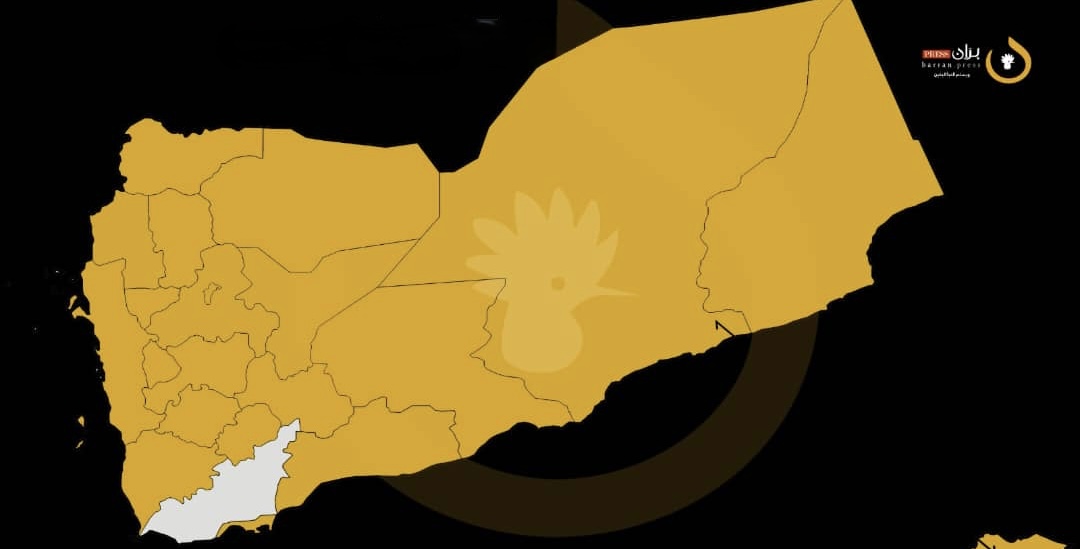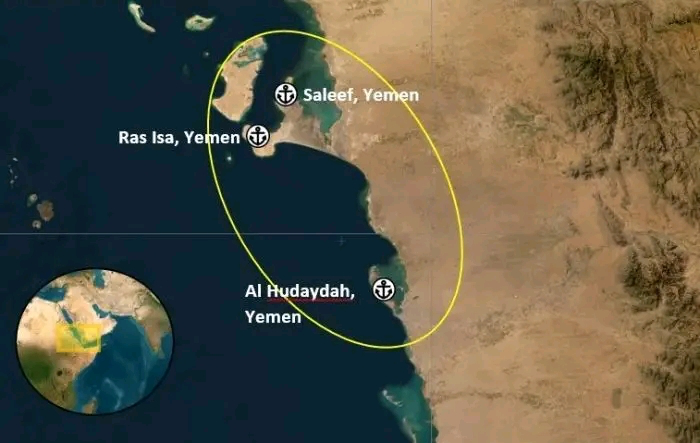
Barran Press
Yemen's internationally recognized Prime Minister, Ahmed Awad bin Mubarak, inaugurated a solar power plant in the Buraiqa district of Aden, the country's temporary capital, on Monday. The plant, with a capacity of 120 megawatts, was funded by the United Arab Emirates through the Abu Dhabi Future Energy Company (Masdar).
Bin Mubarak emphasized the plant's significance as a sustainable solution to Yemen's ongoing electricity crisis. "This project is one of the most important strategic projects for renewable energy in Yemen," he said, highlighting the government's commitment to environmental protection and climate change goals, including those outlined at the recent COP28 summit in Dubai.
He expressed a desire to foster a culture of renewable energy in Yemen, citing similar initiatives in the city of Mocha and now in Aden. He emphasized the plant's potential for expansion, reaching a capacity of 600 megawatts, and its potential for replication in other provinces like Shabwa and Hadhramaut.
Bin Mubarak attributed the project's success to the Presidential Leadership Council, specifically its members Aidarous al-Zubaidi and Abd al-Rahman al-Mahrami. He envisioned the plant as a model for future partnerships with the private sector, aligning with the government's vision to transform electricity from a burden into a service for citizens and an investment opportunity.
He stressed the need for a diversified partnership with the private sector in the electricity sector, attracting local, regional, and international investment. He called for a comprehensive strategy to address the electricity crisis, moving away from temporary solutions to long-term, fundamental solutions. This includes addressing the root causes of the crisis and implementing a transparent and accountable governance system for the electricity sector, encompassing production, generation, distribution, and collection.
Minister of Electricity and Energy, Manea bin Yamin, outlined the project's milestones, emphasizing its significance for the electricity sector and service projects. He highlighted the plant's design for scalability and its potential to generate 600 megawatts of power.
The plant, built on a 1.6 million square meter site, involved the installation of over 211,000 solar panels, 900 kilometers of electrical cables, 43,000 holes, and a metal structure. It includes 12 substations, 9 kilometers of high-voltage lines, and a main substation.
Aden, the temporary capital, has been grappling with a severe electricity crisis for decades, leading to widespread public protests due to frequent power outages.
The electricity sector faces a government-acknowledged deficit, with Prime Minister Bin Mubarak previously stating in a television interview that the cost of importing fuel for power plants in Aden is draining the public treasury, amounting to $2 million per day.





